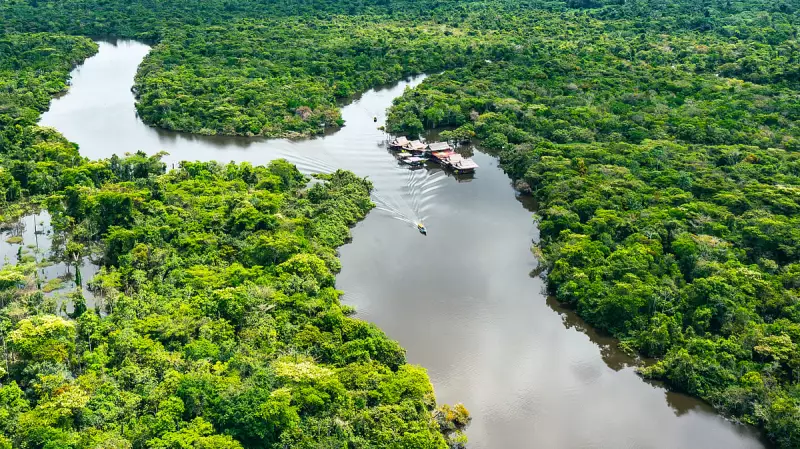
In a groundbreaking scientific initiative, researchers are operating what they call a 'climate time machine' deep within the Amazon rainforest. This ambitious project comes as Brazil intensifies preparations to host the pivotal UN climate conference COP30 in 2025.
The Revolutionary Climate Laboratory
Scientists have established a sophisticated research facility in the heart of the Amazon, employing advanced computer modeling to simulate and predict the rainforest's future under various climate scenarios. This technological marvel allows researchers to peer decades into the future, understanding how deforestation and climate change might permanently alter this vital ecosystem.
Brazil's Climate Leadership Moment
With COP30 scheduled for Belém, a city at the mouth of the Amazon River, Brazil is positioning itself at the forefront of global climate discussions. The timing of this scientific endeavor is particularly significant, as findings from the 'time machine' project could directly inform international policy decisions during the landmark summit.
Key Research Objectives
- Predict tipping points for Amazon ecosystem collapse
- Model impacts of different deforestation rates
- Assess carbon storage capacity changes
- Evaluate biodiversity loss under various warming scenarios
Global Implications
The Amazon rainforest, often called the 'lungs of the planet,' plays a crucial role in regulating global climate patterns. Scientists warn that understanding its vulnerability is essential for worldwide climate stability. The research team's work could provide critical insights that shape international climate policy for decades to come.
As world leaders prepare to gather in Belém for COP30, all eyes are on Brazil's dual role as both host nation and guardian of one of Earth's most vital natural resources. The success of this scientific mission could determine the future of global climate negotiations and the preservation of our planet's biodiversity.





